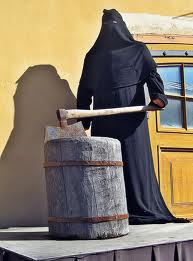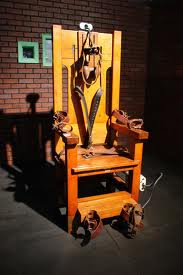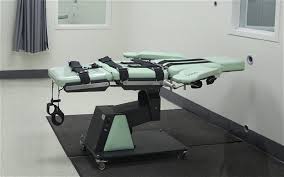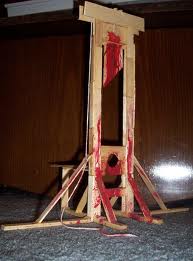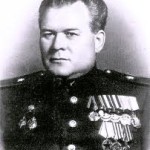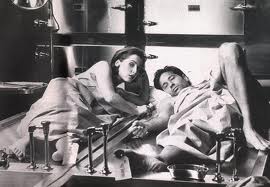For over three decades I’ve been in the death business.
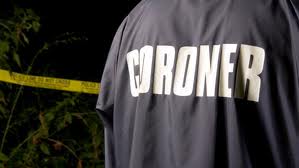 I was a Royal Canadian Mounted Police homicide detective, served as a sniper on Emergency Response Teams, and finished up my forensic career as a Coroner.
I was a Royal Canadian Mounted Police homicide detective, served as a sniper on Emergency Response Teams, and finished up my forensic career as a Coroner.
So, I’ve seen my fair share of bodies.
 Everyone knows what a homicide cop does and most would rather not be in the sights of a sniper, but there’s a lot of misunderstanding about the role of a Coroner as opposed to a Medical Examiner (ME) and to a Pathologist. A bit of a history here.
Everyone knows what a homicide cop does and most would rather not be in the sights of a sniper, but there’s a lot of misunderstanding about the role of a Coroner as opposed to a Medical Examiner (ME) and to a Pathologist. A bit of a history here.
 All civilized jurisdictions have had a judge of the dead whose duty is to find fact. Not fault. The facts to be determined are the Who, When, Where, How, and By What Means that the deceased expired. Once these facts are determined, the death must be classified into one of five categories; Natural, Accidental, Suicide, Homicide, or Undetermined. This method of fact-finding and classification is universal, whereas the structure of appointing the judge is not.
All civilized jurisdictions have had a judge of the dead whose duty is to find fact. Not fault. The facts to be determined are the Who, When, Where, How, and By What Means that the deceased expired. Once these facts are determined, the death must be classified into one of five categories; Natural, Accidental, Suicide, Homicide, or Undetermined. This method of fact-finding and classification is universal, whereas the structure of appointing the judge is not.
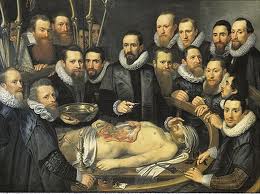 The office of the coroner dates back to 10th century England when the Crowner of the King (hence the word coroner) investigated any number of matters, including sudden and unexplained human deaths. This evolved into an inquisitional role where the coroner would conduct simple inquiries, or in cases of public interest, would hold inquests and compel witnesses to testify. Coroner appointments generally went to upstanding citizens of the community, not necessarily to those of a medical, legal, or investigative background.
The office of the coroner dates back to 10th century England when the Crowner of the King (hence the word coroner) investigated any number of matters, including sudden and unexplained human deaths. This evolved into an inquisitional role where the coroner would conduct simple inquiries, or in cases of public interest, would hold inquests and compel witnesses to testify. Coroner appointments generally went to upstanding citizens of the community, not necessarily to those of a medical, legal, or investigative background.
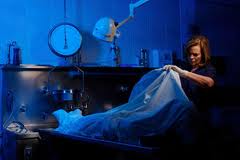 As science progressed, it became prudent to retain the expertise of medical professionals, particularly in the clinical areas of autopsy and toxicology. This coincided with the massing of population in urban areas. Out of practicality and economics, the cities would employ full time medical doctors as examiners who’d delegate field investigations to lesser qualified persons. The rural areas, having a lower caseload, adopted the reverse where they’d contract out the specialties.
As science progressed, it became prudent to retain the expertise of medical professionals, particularly in the clinical areas of autopsy and toxicology. This coincided with the massing of population in urban areas. Out of practicality and economics, the cities would employ full time medical doctors as examiners who’d delegate field investigations to lesser qualified persons. The rural areas, having a lower caseload, adopted the reverse where they’d contract out the specialties.
 A pathologist, on the other hand, is a medical examiner who’s been specifically trained in the study of death and disease. The term pathologist dates back to ancient Greece; pathos meaning suffering, and logos meaning writing. Taking it a step further, a forensic pathologist signifies a specially-trained medical doctor who’s qualified to testify in court.
A pathologist, on the other hand, is a medical examiner who’s been specifically trained in the study of death and disease. The term pathologist dates back to ancient Greece; pathos meaning suffering, and logos meaning writing. Taking it a step further, a forensic pathologist signifies a specially-trained medical doctor who’s qualified to testify in court.
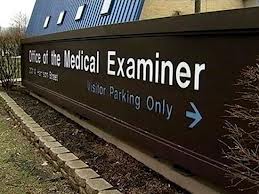 I can’t say the Coroner system is any better or worse than the Medical Examiner system. The professionals may have inverse roles, but all are exceptionally well trained. Both speak to the deceased’s interests and that’s what’s important. Death investigations have become more complex as science advances and, regardless of the administrative issues, having the right people doing the right jobs is key to determining the proper cause and classification of death.
I can’t say the Coroner system is any better or worse than the Medical Examiner system. The professionals may have inverse roles, but all are exceptionally well trained. Both speak to the deceased’s interests and that’s what’s important. Death investigations have become more complex as science advances and, regardless of the administrative issues, having the right people doing the right jobs is key to determining the proper cause and classification of death.




